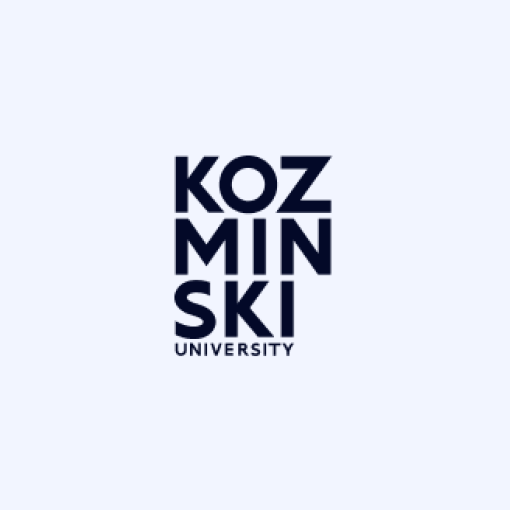International network for research support and knowledge transfer

An international network for research support and knowledge transfer as a platform of collaboration between Polish and Norwegian higher education institutions
Norway’s higher education and research centres are among the European leaders in numerous fields of science thanks to their established operating and fundraising practices. Norway excels especially in programmes related to the mining industry and ecology, but the experience of its HEIs in the entire scientific spectrum is highly impressive. Polish universities and scientific centres strive to implement proven and effective solutions adopted by their sister institutions in Norway. As part of international collaboration, Polish HEIs, including Kozminski University, have joined the Norwegian-Polish Scientific Consortium project.
Since 1993, Kozminski University has been one of the leading academic institutions in the field of management and entrepreneurship, as proven by international accreditations, rankings, and collaboration with recognised partners from Poland and abroad. As such, the university is an attractive addition to the research network formed as part of the implemented project. At the same time, KU benefits from the new perspective and experience shared by its foreign partners. The collaboration fosters, among others, full professionalisation of positions supporting the process of obtaining funds for research grants as well as the development and observance of procedures, which is highly likely to strengthen the research potential of KU, the domain of social sciences in Poland, and the entire Polish science in the near future.

The partner institutions (the Norwegian party is represented by the partner University of Bergen) intend to use the Consortium to provide the best possible solutions to optimise all stages of the research process: from the stage of creating and drawing up an application through the stage of operationalisation of tasks to the stage of fundraising, conducting the research accordingly, and to the evaluation and settlement of the project. The tangible effect of this collaboration is to be the effective acquisition of grants allocated by European Commission agencies.
Contact: [email protected]